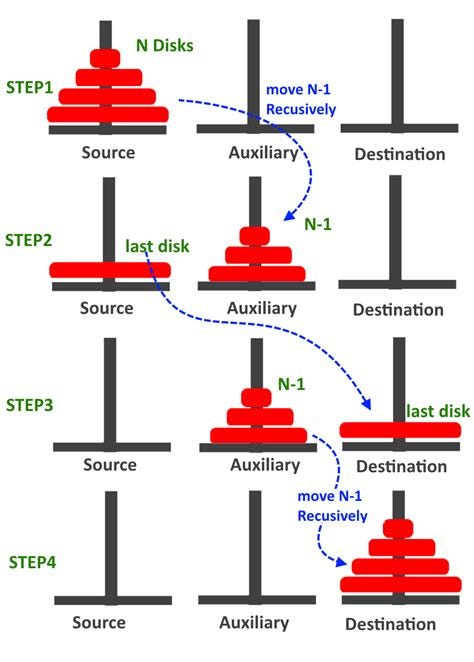
- PYTHON DISK CATALOG INSTALL
- PYTHON DISK CATALOG ARCHIVE
- PYTHON DISK CATALOG SOFTWARE
- PYTHON DISK CATALOG FREE
Or import it into a spreadsheet or database, test your awk skillz, whatever.The Large Area Telescope (LAT) on board NASA's Fermi Gamma-ray Space Telescope (launched June 11, 2008) surveys the entire sky each day. That's certainly not the prettiest output, but it cleans up nice with a little perl/python. DOC files associated with Project X): $ cd "~/My Documents/Archive Drives" When you need a file, or a project, search for a known keyword (or string of them - say, only show.

Now move the md5 file into wherever you're archiving the md5 files, and give it a more identifiable name: $ mv ~/ "~/My Documents/Archive Drives/New_E_Drive_" That's everything on the drive, so the drive can be disconnected and stored. type f -print0 | xargs -0 md5sum > ~/ cp ~/. In your case, assuming the data drive was mounted to E:, I'd start in /cygdrive/e/: $ ( cd /cygdrive/e/ find. Searching is as easy as grep'ing through that directory for a filename or keyword (say, a project name that might be found in folder names, since the md5 will store relative paths for each file). My primary use is verifing the data after burning, but I keep the file (renamed to reflect the disc label, and moved to a common directory with md5 files of other backups). I use this in Cygwin to create md5 checksums for data files getting backed up to data DVD. You can always roll-yer-own from the commandline.
PYTHON DISK CATALOG SOFTWARE
PYTHON DISK CATALOG INSTALL

> myindex.sfv ( multiplatform tool, store file names + sizes + moddates + hashes to easily find duplicates) du -ac > myindex.du (on Linux, store file names + sizes).dir /s /b > myindex.dir (on Windows, store file names only).i've found the best solution is to use regular plaintext files generated with:
PYTHON DISK CATALOG FREE
There are a lot of free alternatives, but, if you don't need fancy stuff like image thumbnailing, metadata extraction, etc. Damn I have so many great ideas for Cathy, but the author is unwilling to release the source (i asked). So my final recommendation is still cathy. Great for searching but poor for browsing.

That can also be used as a cataloger though it requires more effort in adding databases. Oh that reminds me, I forgot my most often used one that has now been unsupported since 2011 I just found ScanFS today, but it had some errors while scanning a catalog, and not as Hard Drive centric as Cathy.
PYTHON DISK CATALOG ARCHIVE


 0 kommentar(er)
0 kommentar(er)
